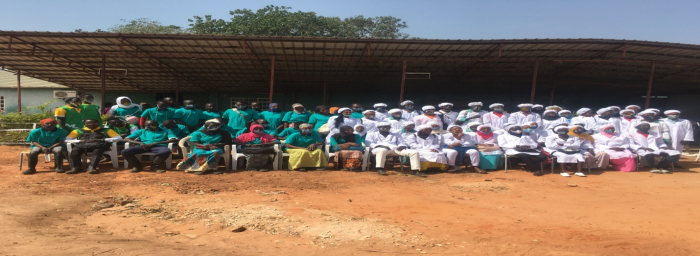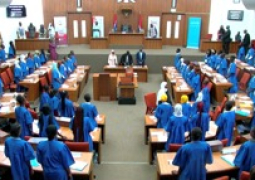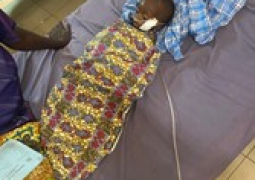
The training held at The Gambia Horticultural Farm in Brikama Kembujeh, will expose participants to both theory and practical elements.
This is the first batch of participants numbering one hundred (100) youth drawn from three regions namely; Central River, Lower River and North Bank Regions.
Part of the training is to facilitate skills development among youth and women for meaningful jobs and enhanced livelihood.
At the opening ceremony, Haddy M. Ceesay, GHE representative informed that the training is designed to equip women and youth with the requisite skills that are needed in agricultural food processing and vegetables production which she said, are in high demand at the job market.
“Participants will also be given the chance to identify the type of crops they want to special on processing. The training will help improve job opportunities for the women and youths and can also help them to set up their own businesses with the skills they acquired after the training.”
Yusupha Keita, ITC representative acknowledged the fact that there are a lot of unemployed youth in the country and having the chance to be part of the skills training would go a long way in addressing unemployment rate.
“Youths contribute greatly in any national development but they need to acquire the skills required to enhance this development.” he said.
Keita assured the participants that there will be numerous challenges along the way, but urged them to remain steadfast and make best us of the training.
“Every successful person has a story to tell, so work hard in order to achieve your primary goals.”
Ebrima Bah, a vegetable production trainer at GHE, said agriculture plays a vital role in the development of any nation, reminding that without it people will find it very difficult to live.
Bah reminded that there is no other way to develop country in the absence of agriculture.
“A hungry country cannot think of development and that can lead to instability collapse of the economy. When a country can produce food from agriculture, it can help address life threatening challenges and that can also lead to rapid development.”
Hassan M. Jagne, horticulture trainer, challenged participants to go back to their respective communities and motivate others to join the initiative.
Salifu Jaiteh, UNCDF representative, thanked EU for funding such an important training, which he said, is designed to empower women and youth in the country.
The training, he added, is a four-year programme and urged all the participants to acquire the required tools for the training.
Read Other Articles In National News





